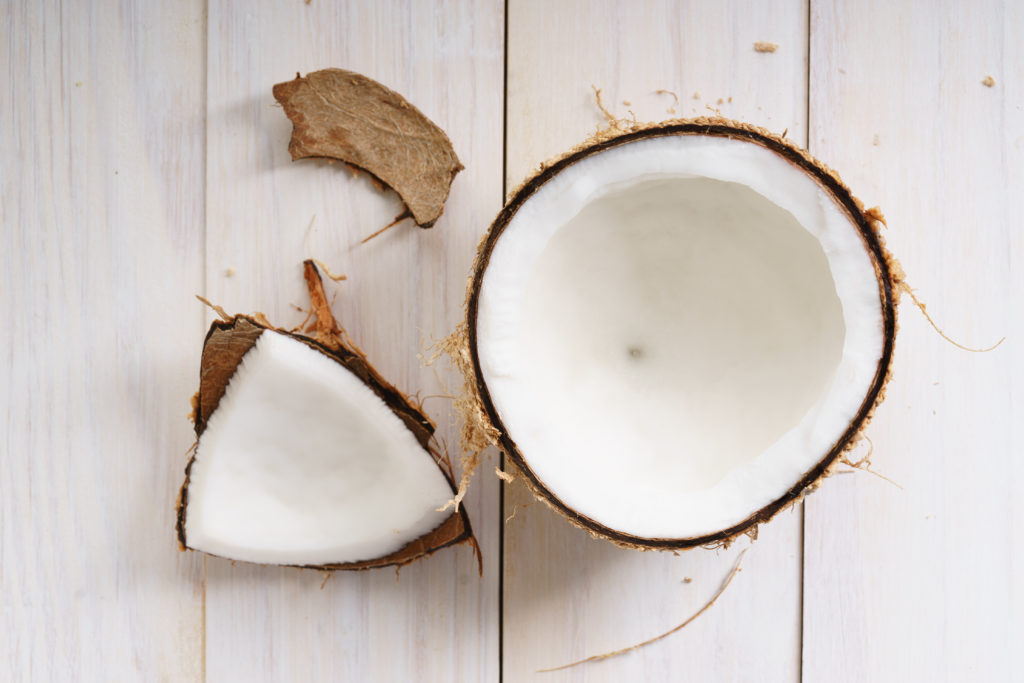
Coconuts are known in Hinduism as the fruit of the Gods, not just colloquially but through an actual translation of Sanskrit writings. They are associated with purity and spiritual value. In addition, they are also delicious inside and useful outside, as many products can be made from the fiber of the husk.
Adi Shankara’s Fruit of Knowledge
According to tradition, one of the earliest proponents of using coconuts in Hindu religious ceremonies was eighth-century philosopher Adi Shankara. Coconut, fruit of the gods, had a shell that could be cracked ceremonially to reach the fruit inside. The fruit represented knowledge, something highly valued by Shankara in his Advaita Vendante approach to Hinduism. Shankara and others who followed his philosophy believed that moksha, the combination of virtue, worldly security, and emotional balance, was obtainable not just in the afterlife but on earth and that education and knowledge were the means to attain it.
A Blessing for Visiting Family
Because coconuts are associated with both physical happiness and spiritual well-being, they make a great gift for loved ones who visit for the holidays and special occasions. Traditionally valued as wedding gifts and signs of honor, they are symbolically precious, while also useful and delicious. Often, they are a part of puja, a prayer ritual in which objects, including natural fruits like coconut, are often seen.
A Lasting Gift
Coconut fruit can be enjoyed in the moment, but there are other products made from the external fibers that could last a lifetime. These include mattresses, welcome mats, brushes, and even biodegradable mats for gardeners to prevent erosion. Coir, or coconut fiber, is resistant to salt-water and bacteria, and is even scratch-resistant, so products made with it stand the test of time, even through hard use and bad weather. It also washes easily and is quickly cared for. No wonder the fruit of the gods is a well-loved gift.
An Embodiment of Moksha
Ideally, every human should be virtuous, by the principle of dharma. Coir is a natural, biodegradable fiber that can be used to make many products that are currently made synthetically. Using it this way instead of wasting is it is great for both local economies and for the environment. As such, it is an ethical product. Coconut fiber is also a way to fulfill the second principal of moksha, which is artha, success in the material world. Because many countries that grow coconuts are not already using the coconut husks as a product, but discarding them, simply changing that pattern could lead to financial success. Finally, coconut, fruit of the gods, is a source of karma, emotional balance and peace. This is because the cultural connotations of natural goods, and coconuts in particular, are overwhelmingly positive. They create a sense of tranquility in our man-made world.
Coconuts, both their fruit and their husks, are a source of economic and spiritual prosperity. Though they were used historically, today they continue their many blessings.

Leave a Reply
You must be logged in to post a comment.